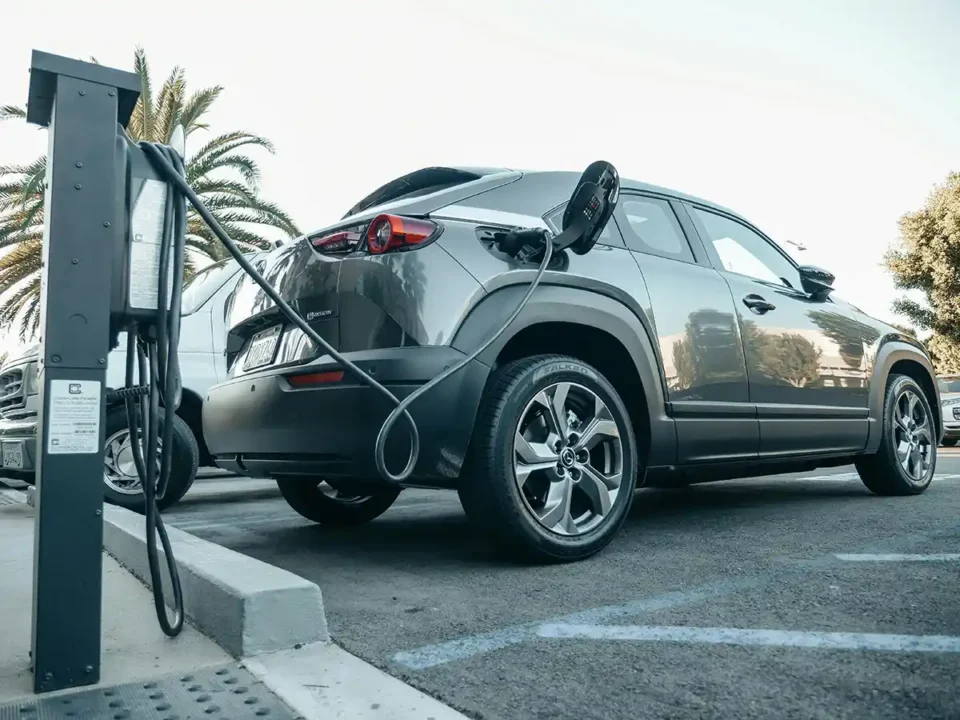How far does the tax administration have to take evidence when investigating intra-Community supplies?

C 676/22. – B2 Energy. s r.o. | During the examination of the VAT-exemption related to intra-Community supply of goods, the tax authority must take into account the data available to it ex officio and can only refuse the VAT-exemption if there is no evidence that the substantive requirements have been satisfied.
In Case C-676/22, a Czech company sold rapeseed oil within the Community to Poland. The Czech tax authority conducted a tax audit on the company and established that the company did not meet the conditions for VAT-exemption.
The tax authority found that the company delivered the rapeseed oil to Polish-established recipients other than the ones specified in the tax documents. Although some of these (other) recipients confirmed receipt with their signatures and stamps on the international consignment note, the company did not prove that these buyers acted as taxable persons. The tax authority did not dispute the delivery of the products to Poland in the case.
The Czech Supreme Administrative Court initiated a preliminary ruling procedure in this case because it was questionable whether the right to VAT exemption should be refused in such cases, despite the availability of verifiable information regarding the customer’s taxable person status. The European Court of Justice stated in its judgment that while the burden of proof on the taxpayer should be determined according to national law, tax authorities must take into account the information available to them ex officio when verifying the conditions for VAT exemption. The European Court affirmed that in the case of intra-Community supply of goods, a violation of the formal conditions of exemption can only lead to the refusal of exemption if the taxpayer did not exercise reasonable care to prevent tax evasion, or if compliance with the substantial conditions cannot be proven in the absence of formal conditions.
The underlying supply took place in 2015, before the entry into force of the “Quick Fixes”; therefore, according to the judgment, the Czech tax authority cannot refuse the exemption if it can verify the taxable person status of the Polish buyers based on the available documents and concludes that the buyers acted as such. However, since January 1, 2020, an additional condition for exemption is that the buyer communicates to the seller the EU VAT ID number issued by a Member State other than the Member State of dispatch, and the seller reports the sale in the EC Sales List with the partner’s identification.


